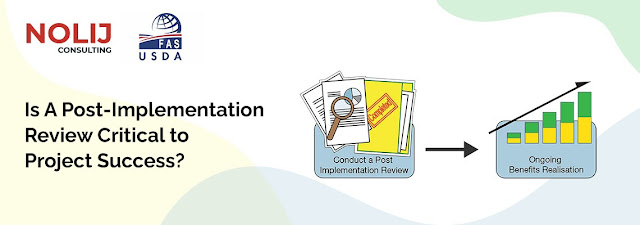What is EHRM?
Electronic Health Record Modernization (EHRM) is a revolutionary approach to the modernization of health records and healthcare information technology. It enables health care organizations to have access to secure, up-to-date, and patient-specific health records. EHRM offers benefits ranging from improved patient care delivery and cost savings to increased patient safety and better clinical outcomes. With the help of electronic health record modernization services, healthcare organizations can easily keep track of their patients’ health records. These records provide healthcare professionals with immediate access to patient information, helping to improve the quality of care and reduce medical errors. However, managing these records can be challenging, which is why electronic health record modernization services have become increasingly important.
Electronic health record modernization services (EHRM)
refer to the process of updating or replacing outdated or inadequate EHR
systems. This is often done to improve the efficiency and accuracy of medical
record-keeping, as well as to enhance the overall patient experience. EHRM
services can involve a variety of tasks, from upgrading software to
implementing new data management protocols.
One of the primary benefits of EHRM
is improved data security. As more healthcare providers move to electronic
records, the risk of data breaches increases. EHRM services can help to ensure
that data is stored securely and that only authorized personnel have access to
it. This can help to protect patient privacy and prevent data breaches, which
can be costly and damaging to a healthcare organization's reputation.
Another benefit of EHRM is improved
data accessibility. When EHRs are not properly managed, it can be difficult for
healthcare providers to find and access the information they need. This can
lead to delays in treatment, incorrect diagnoses, and other problems. EHRM
services can help to streamline data management, making it easier for
healthcare professionals to find and access patient information quickly and
easily.
EHRM can also help to improve the
overall quality of care that patients receive. When healthcare providers have
access to accurate and up-to-date information about a patient's medical
history, they can provide more personalized and effective care. This can lead
to better health outcomes for patients and can help to reduce healthcare costs
in the long run.
There are a few different approaches
that healthcare providers can take when implementing EHRM services. One option
is to upgrade their existing EHR system, adding new features or improving the
user interface. Another option is to replace their current system with a new
one that better meets their needs. In some cases, healthcare providers may
choose to work with a third-party provider that specializes in EHRM services.
When choosing an EHRM provider, it's
important to consider a few key factors. These include the provider's
experience working with healthcare organizations, the types of services they
offer, and their pricing structure. Healthcare providers should also look for
providers that are able to customize their services to meet their specific needs.
In conclusion, electronic health record modernization services are an important part of the healthcare industry's ongoing efforts to improve the quality of care and reduce costs. By upgrading or replacing outdated EHR systems, healthcare providers can improve data security, enhance data accessibility, and provide better care to their patients. When choosing an EHRM provider, it's important to look for a provider that has experience working with healthcare organizations and that can offer customized services to meet specific needs.




Comments
Post a Comment